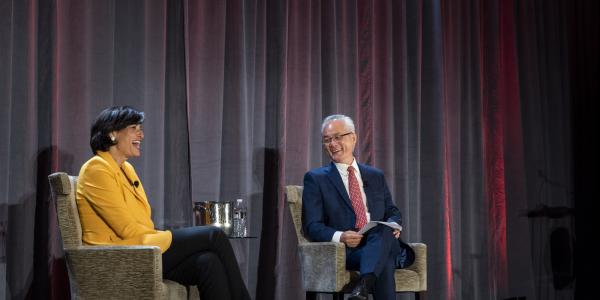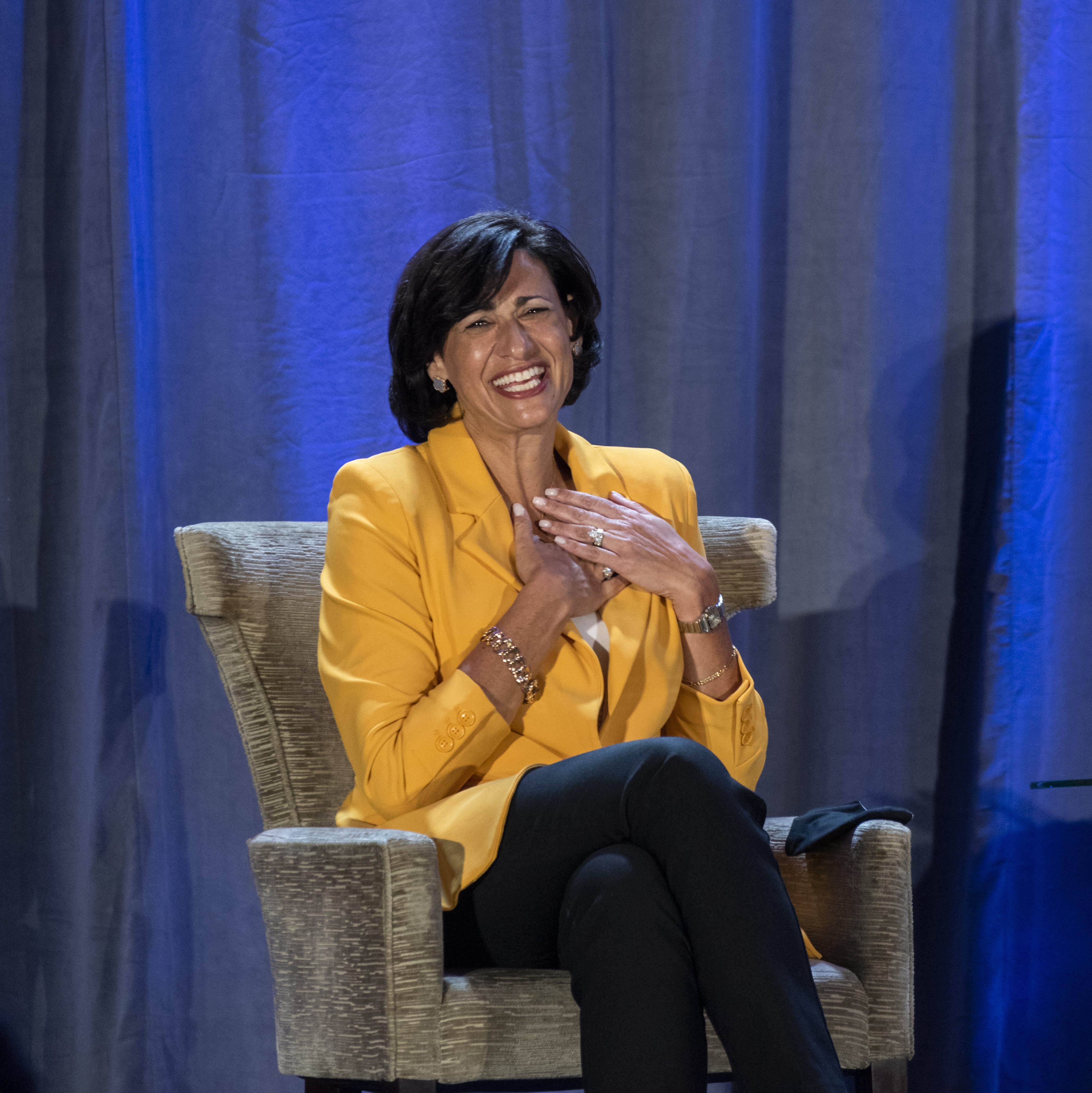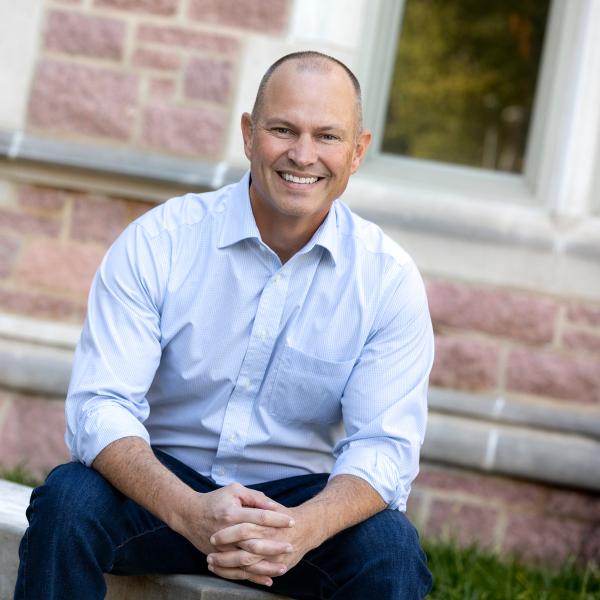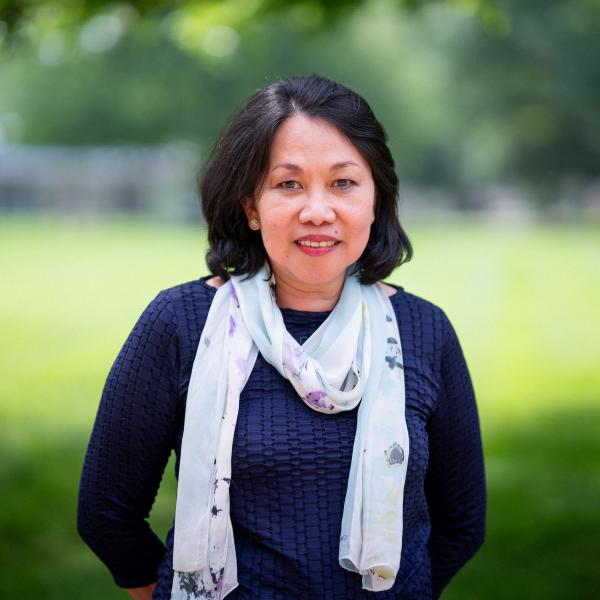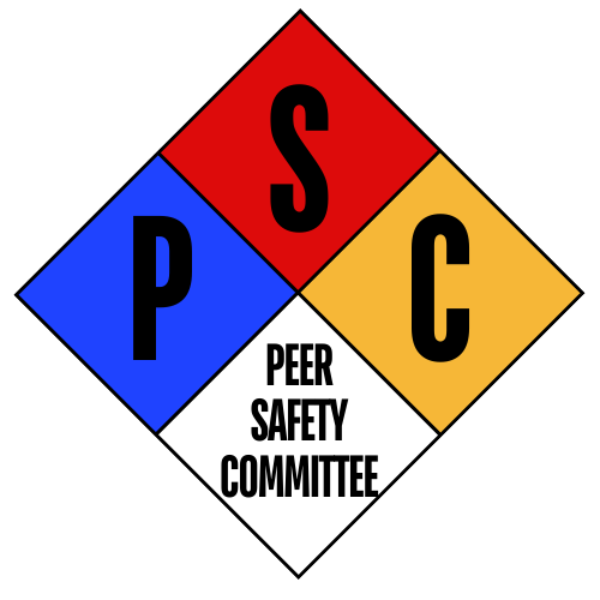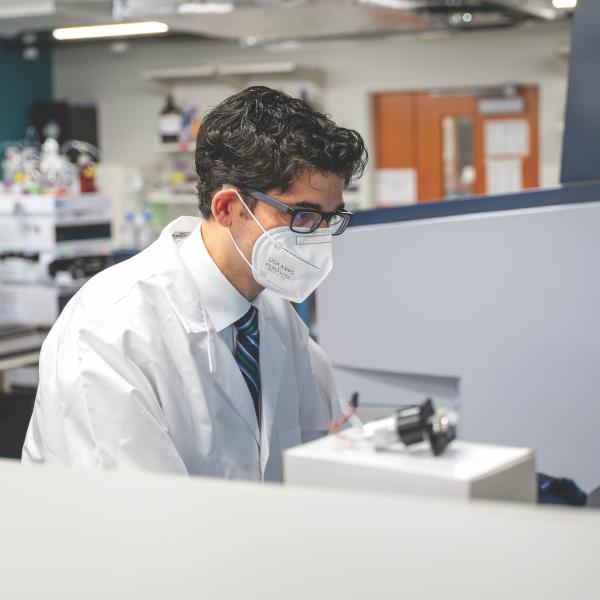Even before she came to St. Louis as an undergraduate to study biochemistry in Arts & Sciences, Rochelle P. Walensky knew she wanted to be a physician. Now as director of the CDC, Walensky is one of the most prominent physician-scientists in the world. In a conversation with Dean Feng Sheng Hu, Walensky recalled her most important lessons from WashU, commented on the power of interdisciplinary collaboration, and looked ahead to what’s next for the pandemic and public health.
On March 2, Feng Sheng Hu, dean of Arts & Sciences, welcomed alumna Rochelle P. Walensky, AB ’91, MD, MPH, back to St. Louis for a discussion including highlights from her current role as the director of the Centers for Disease Control (CDC) and how her academic path in Arts & Sciences at Washington University in St. Louis helped prepare her to take on that critical role at a time when the nation and the world are counting on the CDC’s science and leadership.
Walensky earned a Bachelor of Arts in chemistry with a concentration in biochemistry from Arts & Sciences in 1991. She went on to earn an MD from the Johns Hopkins School of Medicine and a Master of Public Health degree from the Harvard School of Public Health. Walensky began her medical career at the height of the HIV/AIDS crisis, and her work since then has focused on understanding, treating, and combating infectious diseases. Her pioneering research helped advance the national and global response to HIV/AIDS, and she is now a well-respected expert on the value of testing and the treatment of life-threatening viruses.
From a young age, Walensky knew she wanted to be a physician. She had always loved science and math and looked up to her pediatrician, who was a woman, as a role model. At WashU, Walensky found a home in St. Louis where she could explore her interests.
“This is where I started taking big risks. This is where I learned and received the foundation that launched me into my current career,” Walensky said. “When I got here, I would have never anticipated that I would have taken thermodynamics; I would have never thought that I would have been up to that task. But WashU taught me that I could do that and more.”

In addition to the rigorous academics that built the strong foundation for Walensky’s future achievements in medical school and her career, Walensky also cited the softer skills she learned at WashU – connecting with people on a personal level, knowing them by name and by story, listening to their needs, and supporting them genuinely – as critical to her successes.
“Jan Snow, my admissions counselor who recruited me to WashU, greeted me as I got off the plane for my visit here after I’d been accepted. Jan said to me, ‘Hi, Rochelle, how was your trip from D.C.?’ I had no idea that she would recognize me, that she would know who I was, but she did. She had studied my picture, and she knew that would be meaningful to me,” Walensky recalled. “To this day, I still do that a lot. WashU taught me from the very beginning how much the personal touch matters and how much we really need to look at an individual person.”
Walensky stressed the importance of personal connections as particularly important in this current moment, where it can be easy to get bogged down in what divides, rather than focus on what connects.
“I also learned to listen here,” Walensky said. “In patient care, it’s so important to listen rather than talk, especially now in this moment. People have always asked me, how do you get more people vaccinated? And the answer is to listen, not to talk.”
As a student, though Walensky wasn’t entirely sure what direction her career as a physician would take her – primary care? research? something else? – she was drawn to public health and serving the public good, fundamentally driven to take care of underserved patients. Working in Baltimore in the mid-90s, Walensky was struck by the inequities surrounding the AIDS epidemic. She saw a place where she could make a difference at the intersection of increasing equitable access to care and the evolving science of viruses and vaccines.
Later, when Walensky was asked by the Biden administration to take on the directorship of the CDC, she knew the job would be incredibly tough and complex. Long-term underinvestment in public health infrastructure, jobs, and labs had led to challenges that were glaringly exposed by the COVID-19 pandemic and would need to be fixed in preparation for the next crisis. Walensky asked herself, am I really up to the task? Am I going to be able to deliver what’s being asked of me? Ultimately, Walensky knew she had to answer the call.
“We’re trained to answer codes. In clinical medicine, when your code beeper goes off, you run. And the country was coding. This was in the middle of our alpha surge with 120,000 cases a day,” Walensky recalled. “I felt like somebody was calling, my pager was going off, and the answer was not no.”
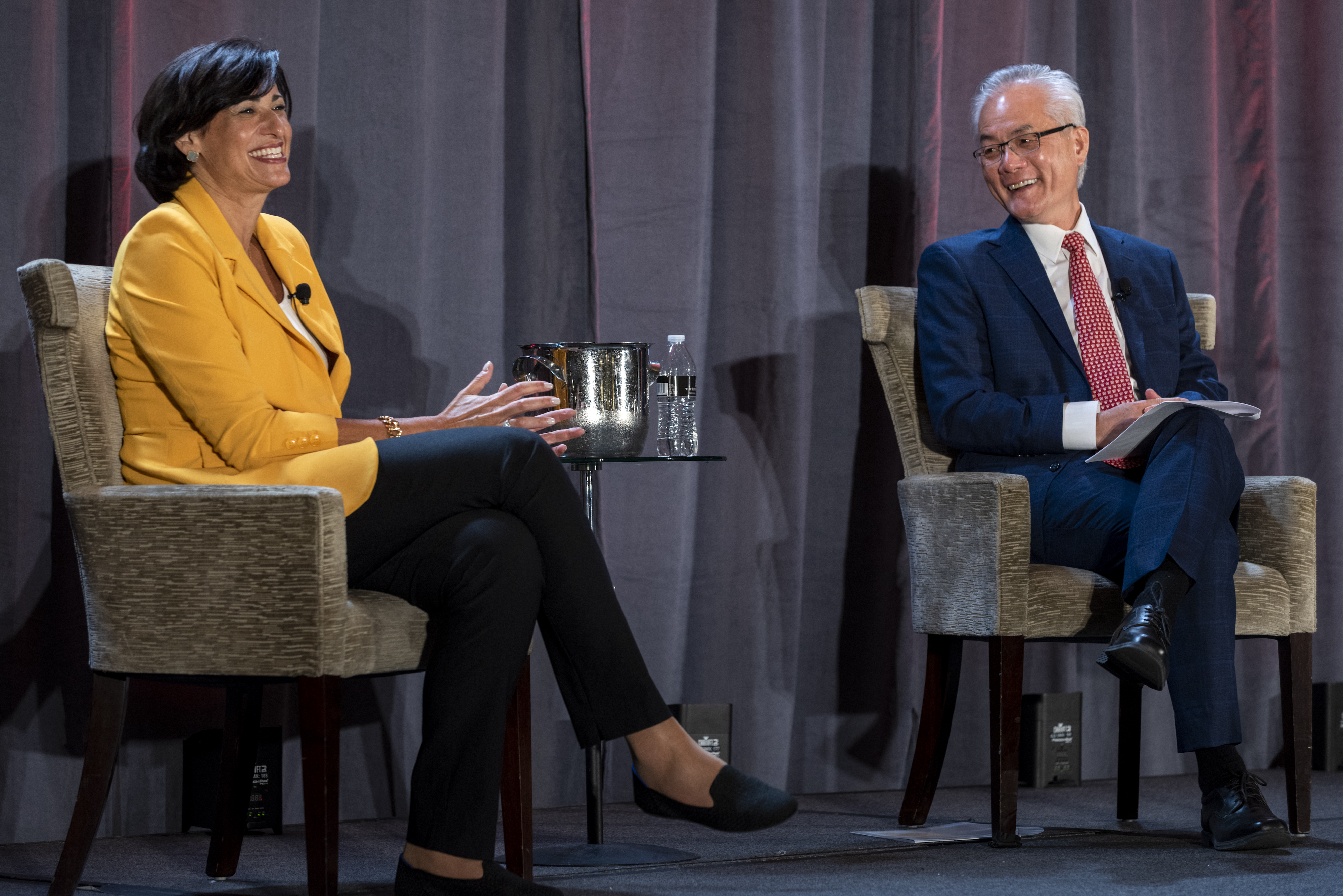
Though Walensky cautioned against the folly of trying to predict anything when it comes to the COVID-19 pandemic, she was willing to share her vision of the future.
“I do think five years from now, we will not be living in surge after surge anymore,” Walensky said. “I really do hope that there will be a more robust public health infrastructure and that the investments that are being made now, including $7.4 billion in the American Rescue Plan, will help make public health a more revered specialty or a more revered place to be.”
“I want to talk to the next generation of people in health and medicine and public health and tell them this is our Super Bowl moment,” Walensky added. “This is where we rise to the occasion.”
Looking back on her own training, Walensky highlighted the importance of interdisciplinarity and collaboration for enriching the scientific enterprise and tackling complex problems at large scales. Working with and learning from decision scientists, epidemiologists, biostatisticians, and operations researchers, Walensky was able to help combat HIV/AIDS beyond what infectious disease experts like her could do alone. At the CDC, Walensky finds the complexity is even greater, requiring experts from communication, education, and more to craft an effective approach to COVID-19 in various settings around the world.
When asked if she would have done anything differently during her WashU days to prepare for her chosen career path, Walensky shared the insight she has given her son as he embarks on a similar trajectory.“My son is pre-med, so a lot of what I’ve said to him is you will take a lot of medicine, you will take a lot of chemistry, you will learn a lot in that space. Open your eyes to many of the diverse things that you can take advantage of in college that you may never have the opportunity to take advantage of again,” she advised. “Take time to learn Russian history or political science or whatever the course may be. I did some of that at WashU, but I wish I had done a little bit more of that. That’s what the liberal arts is for.”
Ultimately, Walensky advised students not to give up, even when it’s hard, and to challenge themselves to pursue the really big questions. “One of my research mentors said to me, ‘If it was easy, somebody else would have done it.’ Go for the hard questions to answer because that’s where we develop and learn the most,” she said.
“That goes back to my foundation here at WashU, to just challenge yourself, to go after the big stuff,” Walensky said. “Many times in my career, I could have easily said, ‘I don’t think I can do that one.’ But with a lot of support, a lot of mentorship, I’ve pursued those things.”

